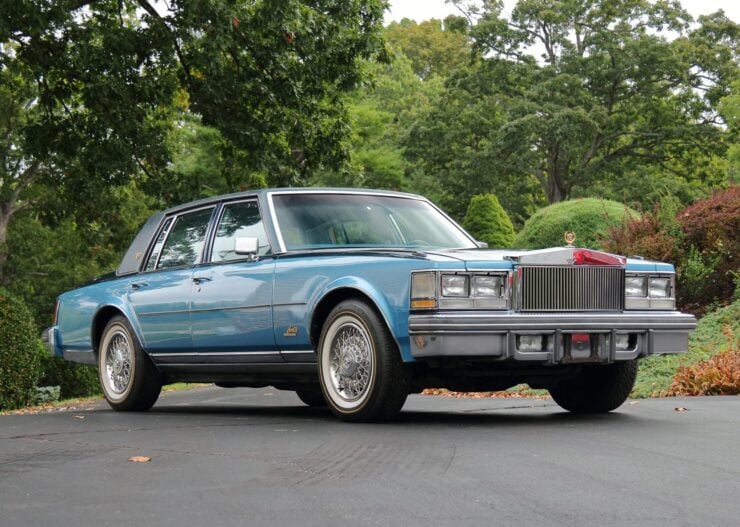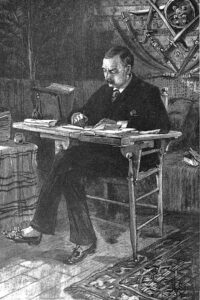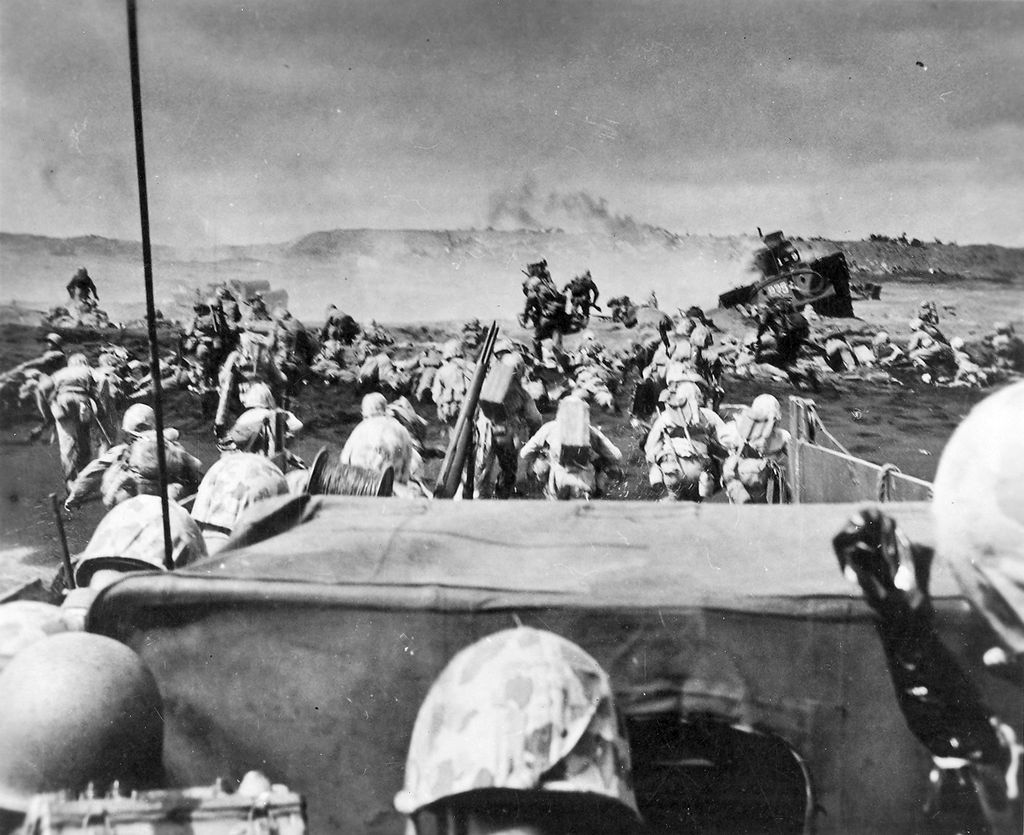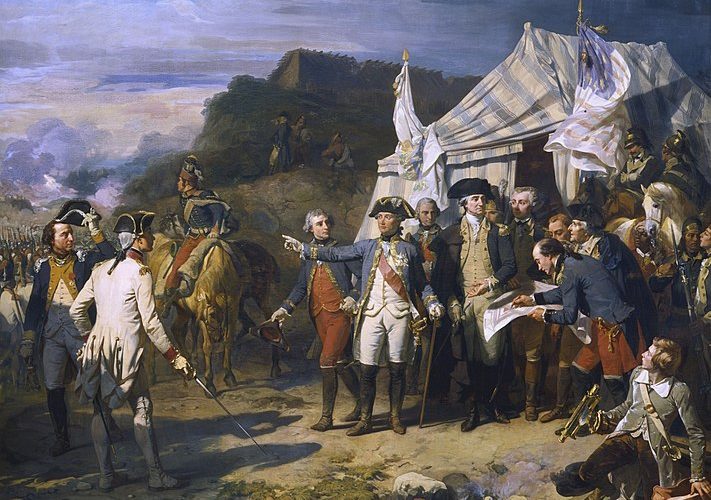Elvis and the Colonel by Greg McDonald and Marshall Terrill is a fresh biography of legendary entertainment manager Colonel Tom Parker, with a contrarian and corrective point of view. Read on for an excerpt. Colonel Tom Parker has gone...
Elvis and the Colonel by Greg McDonald and Marshall Terrill is a fresh biography of legendary entertainment manager Colonel Tom Parker, with a contrarian and corrective point of view. Read on for an excerpt.
Colonel Tom Parker has gone down in history as a malevolent leech, the Svengali-like, cigar-chomping, iron-fisted manager of the King of Rock ’n’ Roll. That’s the myth … the man he, in fact, wanted the world to see. He chose to play the heavy when the situation called for that.
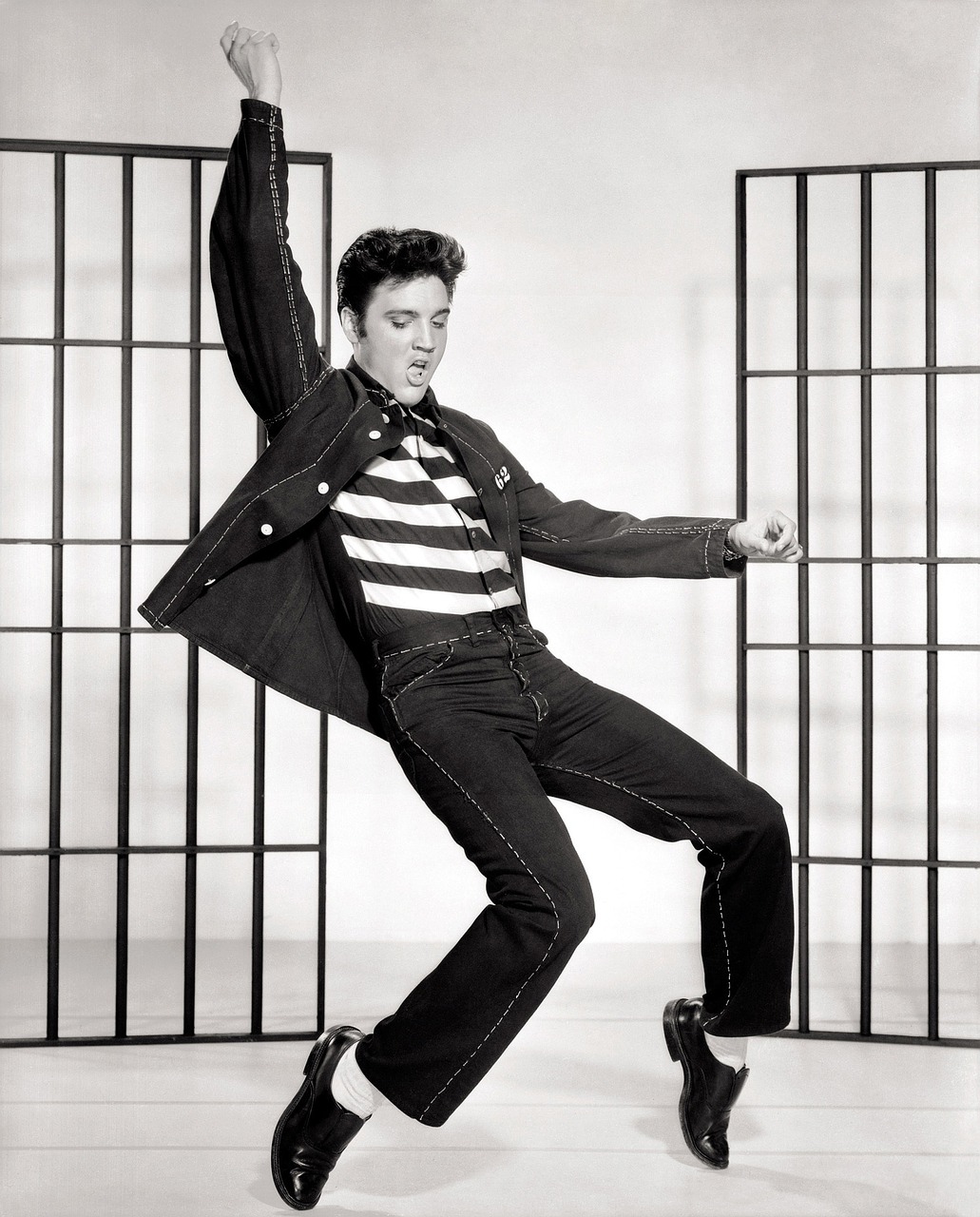
“The artist always wears the white hat,” Parker said more times than I care to remember.
The artist, of course, was Elvis Aaron Presley. The mantle Colonel Parker wore—rightly or wrongly—for decades was easy for the press and public to digest, offering a clean and palatable story with no shades of gray. Elvis could remain a saintly figure if Colonel Parker remained the heavy. Despite his carnival barker demeanor and P. T. Barnum–like façade, the real Tom Parker was nowhere near his public persona.
He conveyed that image because he constantly had to do battle with businessmen, bean counters, and lawyers who had Ivy League backgrounds and lots of credentials hanging on their walls. The Colonel only had his street smarts and his reputation to fend off the wolves, and he used both to his advantage. His negotiations were great theater because he elevated them to an art form. I’ve always contended that the Colonel was a much better actor than Elvis Presley ever was. He created a persona to instill fear in his opponents across the table so he could get the best deal possible for his client.
So, what is truth, what is legend, what is misunderstood or misjudged, what is totally false?
What history and countless other books on Elvis Presley don’t tell you is that Colonel Parker was the first mega-manager who made forays into today’s multimedia world of music, film, television, publishing, and Las Vegas–style entertainment. Parker, along with his once-in-a-millennia star, Elvis Presley, blazed many paths in the span of two decades. Elvis (the artist) and Parker (the enigmatic manager that made it happen behind the scenes) were the greatest pairing in entertainment history.
Though the Colonel may have appeared to many to be shrewd, flamboyant, crass, and brash, in actuality, he was fair-minded, loyal, funny, a twenty-four seven workhorse, a man whose word was his bond, and even philanthropic in private. Many of Presley’s artistic endeavors had a charitable aspect to them thanks to Colonel Parker’s prompting. The two men provided major support—through financial contributions and raising awareness—for several charities throughout their two decades of success, including the USS Arizona Memorial in Hawaii, March of Dimes, The Salvation Army, St. Jude Children’s Research Hospital, and the Kui Lee Cancer Fund. Colonel Parker was also a lifelong animal lover and even once worked for The Humane Society in Tampa, Florida.
Colonel Parker made sure to give fans, concert promoters, and business clients their full value while at the same time leaving them wanting more. Conversely, he got his client the best possible deals for the maximum amount of money. He was getting Elvis nearly $1 million a movie and 50 percent of the box office net when the biggest stars in Hollywood might have gotten 10 percent at most. Colonel Parker got those extraordinary deals because of his savvy and smarts. He was also strategic and Zen-like in his feats: getting his client the maximum deal while saving enough gravy for those who sat across the bargaining table from him.
Others wanted his services too: The Beatles. Frank Sinatra. George Hamilton. Ann-Margret. Tony Orlando. Tanya Tucker. They all wanted Colonel Parker to manage them. I remember when one of the Beatles (I believe it was Paul McCartney) called the Colonel at his Palm Springs home shortly after the death of Beatles’ manager Brian Epstein in late August 1967. He took the call, excusing himself to another room. After he got off the phone, he said he couldn’t take them on because of his loyalty to Elvis. It was a testament to his greatness as a manager that the Beatles wanted him. The fact that he turned them down was a testament to his belief in his client.
All business dealings were done with military-like precision and secrecy. Parker kept his mouth shut for several reasons. What he concealed was far more astounding and complex than has ever been revealed. Although an uneducated Dutch farm boy who grew up in a modest apartment above horse stables, he had an innate knack for creating a spectacle and weaving the public’s heart and soul into it. The Nashville music scene, Hollywood, and Las Vegas were not going to be a match for him.
Before he got to the top, Colonel Parker rode the rails as a hobo, sailed around the world in the Merchant Marines, served four years in the United States Army, and spent a decade as a traveling carny perfecting his act. He understood human behavior and learned how to squeeze a nickel out of all of it, making him the perfect power behind the entertainment throne.
Colonel Parker arrived in the United States a penniless immigrant who had to overcome a language barrier and battled discrimination and bias; yet he came to befriend US presidents and CEOs, and he created a cultural icon for the ages who generated $4 billion in his lifetime, all the while managing to keep a low profile.
There have been hundreds of books written about Elvis and a few about Colonel Parker. None of those writers and biographers were ever in the room when the deals went down.
But I was.
I knew Colonel Parker for almost four decades from the time I was a teen. I drove him around Los Angeles when Elvis was making movies in Hollywood, hung out with him when Elvis started his Las Vegas residency, traveled with him when Elvis started touring again, and spent countless hours with him in his home office in Palm Springs, California. I saw firsthand how Colonel Parker worked, how he played (which was not very often: he was a workaholic), how he negotiated contracts, and how he made sure there was enough honey to go around. And I know how the deals were made. I can tell you this: nothing went down without Elvis’s knowledge and consent, and Colonel Parker earned every penny of whatever went in his pocket. Rest assured, way more money went into his client’s pockets.
Many biographers and people in Elvis’s inner circle have inaccurately portrayed their business and personal relationship because of their lack of knowledge. They only knew a fraction of the story. They did their best to investigate or find out; however, they couldn’t peer into the character of Tom Parker, which is essential to the story.
First and foremost, Colonel Parker never talked business to outsiders. While he might have hyped his client to the press, he never spoke of the details of their business. The same also went for Elvis. Their business dealings were strictly private and between them. These two men will be forever intertwined in history like other famous business partnerships: Henry Wells and William G. Fargo, William Procter and James Gamble, Bill Hewlett and Dave Packard. They made beautiful music together, metaphorically speaking.
But Elvis has gone down as the bright half of the pairing whereas Parker has always been tarred by a reputation as the dark half. My hope is to dispel that myth and all the negative feelings associated with a man who was nothing but kind to me and my family.
This is a story of a man who could give P. T. Barnum a run for his money—the grand vizier of aggrandizement, the pasha of pizzazz, the baron of ballyhoo. Ever wonder where concert rain checks, concert T-shirts, tour books, and mass music merchandise came from? The answer is Colonel Parker. He could sell tickets to see two flies wrestling on a windowpane, and the line would go around the block. His is the all-American immigrant’s tale: a poor Dutch farm boy who came to the United States seeking and achieving the American Dream, and introducing modern history’s greatest entertainer in the process.
And it’s better than any movie you could imagine.
Copyright © 2023 by Greg McDonald and Marshall Terrill.
Greg McDonald is an entertainment producer who got his start in show business with Colonel Tom Parker, who knew him when he was a teenager. He managed Ricky Nelson for seventeen years, ran Sonny Bono’s mayoral and congressional campaigns, and was president of Transcontinental Records (Backstreet Boys, NSYNC and O’Town). He’s also produced several feature films, television series (Making the Band) and large-scale concerts. McDonald manages Colonel Tom Parker’s show business assets, including his name, likeness and image. He resides in the Palm Springs area with his wife Sherry.
Marshall Terrill is a veteran film, sports and music writer and the author of more than 30 books. They include best-selling biographies of Steve McQueen, Elvis Presley, Johnny Cash, Billy Graham, and Pete Maravich. His book, Steve McQueen: The Life and Legend of a Hollywood Icon, is in development to be made into a feature film. He also executive produced the 2017 feature film documentary, Steve McQueen: American Icon and the 2022 documentary Johnny Cash: The Redemption of an American Icon. He resides in Tempe, Arizona, with his wife Zoe.
The post Elvis and the Colonel appeared first on The History Reader.





